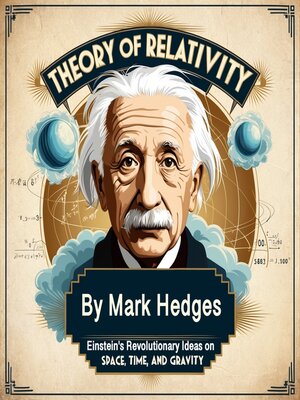Theory of Relativity
audiobook (Unabridged) ∣ Einstein's Revolutionary Ideas on Space, Time, and Gravity
By Mark Hedges

Sign up to save your library
With an OverDrive account, you can save your favorite libraries for at-a-glance information about availability. Find out more about OverDrive accounts.
Find this title in Libby, the library reading app by OverDrive.



Search for a digital library with this title
Title found at these libraries:
| Library Name | Distance |
|---|---|
| Loading... |
The early 20th century marked a turning point in physics, as classical mechanics, which had been the foundation of scientific thought for centuries, began to show limitations in explaining certain phenomena. Isaac Newton's laws of motion and gravitation had provided an elegant and highly successful framework for understanding the physical world, but as experimental techniques improved, inconsistencies began to emerge. The most significant of these was the behavior of light and electromagnetism, which did not conform to Newtonian mechanics. This contradiction laid the groundwork for one of the most revolutionary theories in science—Einstein's theory of relativity.
At the heart of the problem was the nature of light. Classical physics assumed that waves needed a medium to propagate, much like sound waves require air or water waves need a surface. This led scientists to propose the existence of an invisible substance known as the luminiferous ether, which was thought to permeate space and serve as the medium for electromagnetic waves. However, experimental efforts to detect the ether, most notably the Michelson-Morley experiment in 1887, failed to find any evidence of its existence. This posed a major challenge to classical mechanics, as it suggested that light did not require a medium and always traveled at the same speed, regardless of the observer's motion.







